1913
FLORIAN ILLIES, born in 1971, studied The History of Taste at Oxford and was editor of the cultural pages of the German newspapers Frankfurter Allgemeine Zeitung and Die Zeit. He founded Monopol, a magazine for contemporary art and is now partner of the Berlin-based art auction house Villa Grisebach.
FLORIAN ILLIES
1913
THE YEAR BEFORE THE STORM
Translated by Shaun Whiteside
and Jamie Lee Searle

 The translation of this work was supported by a grant from the Goethe-Institut, which is funded by the German Ministry of Foreign Affairs.
The translation of this work was supported by a grant from the Goethe-Institut, which is funded by the German Ministry of Foreign Affairs.
First published in Great Britain in 2013 by
THE CLERKENWELL PRESS
an imprint of Profile Books Ltd
3A Exmouth House
Pine Street
London EC1R 0JH
www.profilebooks.com
First published in Germany entitled 1913: Der Sommer des Jahrhunderts
in 2012 by S. Fischer Verlag
Copyright S. Fischer Verlag, 2012
English language translation copyright Shaun Whiteside and Jamie Lee Searle, 2013
10 9 8 7 6 5 4 3 2 1
Printed and bound in Great Britain by
Clays, Bungay, Suffolk
The moral right of the author has been asserted.
All rights reserved. Without limiting the rights under copyright reserved above, no part of this publication may be reproduced, stored or introduced into a retrieval system, or transmitted, in any form or by any means (electronic, mechanical, photocopying, recording or otherwise), without the prior written permission of both the copyright owner and the publisher of this book.
A CIP catalogue record for this book is available from the British Library.
ISBN 978 1 84668 951 2
Export ISBN 978 1 84668 964 2
eISBN 978 1 84765 981 1
The paper this book is printed on is certified by the 1996 Forest Stewardship Council A.C. (FSC). It is ancient-forest friendly. The printer holds FSC chain of custody SGS-COC-2061

JANUARY
This is the month when Hitler and Stalin meet while strolling in the Castle Park at Schnbrunn, Thomas Mann nearly gets outed and Franz Kafka nearly goes mad with love. A cat creeps onto Sigmund Freuds couch. Its extremely cold, snow crunches under the feet. Else Lasker-Schler is impoverished and in love with Gottfried Benn, gets a horse postcard from Franz Marc but says Gabriele Mnter is a non-entity. Ernst Ludwig Kirchner draws the ladies of pleasure on Potsdamer Platz. The first loop-the-loop is flown. But its no good. Oswald Spengler is already at work on The Decline of the West.

The first second of 1913. A gunshot rings out through the dark night. Theres a brief click, fingers tense on the trigger, then comes a second, dull report. The alarm is raised, the police dash to the scene and arrest the gunman straight away. His name is Louis Armstrong.
The twelve-year-old had wanted to see in the New Year in New Orleans with a stolen revolver. The police put him in a cell, and early on the morning of 1 January they send him to a house of correction, the Colored Waifs Home for Boys. Once there, his behaviour is so unruly that the only solution the institutions director, Peter Davis, can come up with is to hand him a trumpet. (What he really wants to do is slap him.) All at once Louis Armstrong falls silent, picks up the instrument almost tenderly, and his fingers, which had been playing with the trigger of the revolver only the previous night, feel the cold metal once again, except that now, still in the directors office, rather than a gunshot, he produces his first warm, wild notes from the trumpet.

The gunshot at midnight. Cries in the alley and on the bridge. Ringing bells and clock chimes. A report from Prague: Dr Franz Kafka, a clerk with the Workers Accident Insurance Company for the Kingdom of Bohemia. His audience in faraway Berlin, in the apartment at 29 Immanuelkirchstrasse, is a lone individual, but to him she is the whole world: Felice Bauer, twenty-five, a bit blonde, a bit bony, a bit gangling. A shorthand typist with Carl Lindstrm Ltd. They had met briefly in August, the rain pelting down, she had had wet feet, and hed quickly got cold ones. But since then theyve been writing to each other at night while their families are asleep: hot-headed, enchanting, strange, unsettling letters. And usually another one the next afternoon. Once, when there hadnt been a word from Felice for a few days, after waking from unsettled dreams, in desperation he desperately started work on Metamorphosis. He told her about this story, which he had finished just before Christmas. (It now lay in his desk, warmed by the two photographs of herself that Felice had sent him.) But just how quickly her distant and beloved Franz could turn into a terrible mystery she would learn only from his New Years letter. He asks her out of nowhere, by way of introduction, whether, if they had arranged to go to the theatre in Frankfurt am Main, and if he had instead just stayed in bed, she would have beaten him violently with an umbrella. And then, apparently innocuously, he evokes their mutual love, dreams that his hand and Felices will be forever bound together. Before going on: it is, however, always possible that a couple might once have been led to the scaffold bound together in such a way. What a charming thought for a prenuptial letter. They havent even kissed, and here he is already fantasising about their walking hand in hand to the scaffold. Kafka himself seems momentarily startled by the thoughts spilling from him: But what sort of things are these, pouring out of my head? he writes. The explanation is simple: Its the number 13 in the year. And that is how 1913 begins in world literature: with a fantasy of violence.

Missing person notice. Lost: Leonardos Mona Lisa. She was stolen from the Louvre in 1911; still no clues. Pablo Picasso is questioned by the Paris police, but he has an alibi and they let him go home. In the Louvre, French mourners lay bouquets against the bare wall.

In the first days of January, we dont know exactly when, a slightly scruffy 34-year-old Russian arrives at Viennas Northern Station from Krakw. A flurry of snow outside. He is limping. His hair hasnt been washed this year, and his bushy moustache, which spreads like rampant undergrowth beneath his nose, cant conceal the pock-marks on his face. He is wearing Russian peasant shoes, and his suitcase is full to bursting. As soon as he arrives, he boards a tram for Hietzing. His passport bears the name Stavros Papadopoulos, which is supposed to sound like a mixture of Greek and Georgian, and in view of his scruffy appearance and the piercing cold, every border guard has let him through. In Krakw, in his other exile, he had beaten Lenin at chess one last time the previous evening, making that the seventh time in a row. He was plainly better at chess than he was at cycling. Lenin had desperately tried to teach him. Revolutionaries have to be quick, he had drummed that into him time and again. But the man, whose name was actually Josef Vissiaronovich Djugashvili and who now called himself Stavros Papadopoulos, couldnt learn how to ride a bike. Just before Christmas he had a bad fall on the icy cobbled streets of Krakw. His leg was still covered with grazes, his knee was sprained, and he had only been able to stand on it again for a few days. My magnificent George, Lenin had called him with a smile as he limped towards him to accept his forged passport for the journey to Vienna. And now
Next page

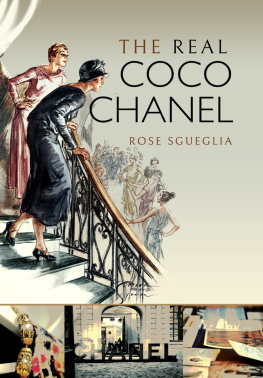
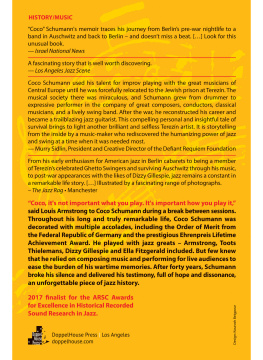
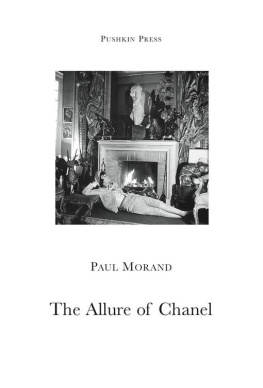

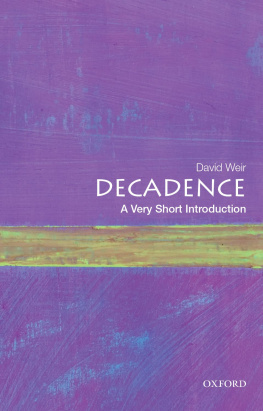
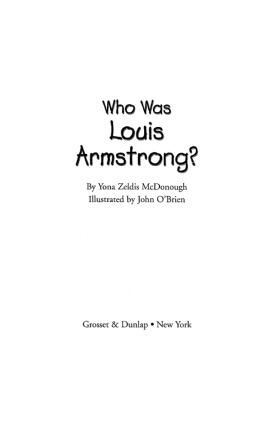
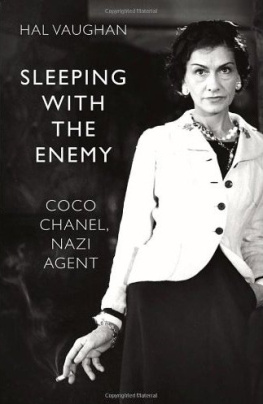


 The translation of this work was supported by a grant from the Goethe-Institut, which is funded by the German Ministry of Foreign Affairs.
The translation of this work was supported by a grant from the Goethe-Institut, which is funded by the German Ministry of Foreign Affairs.

